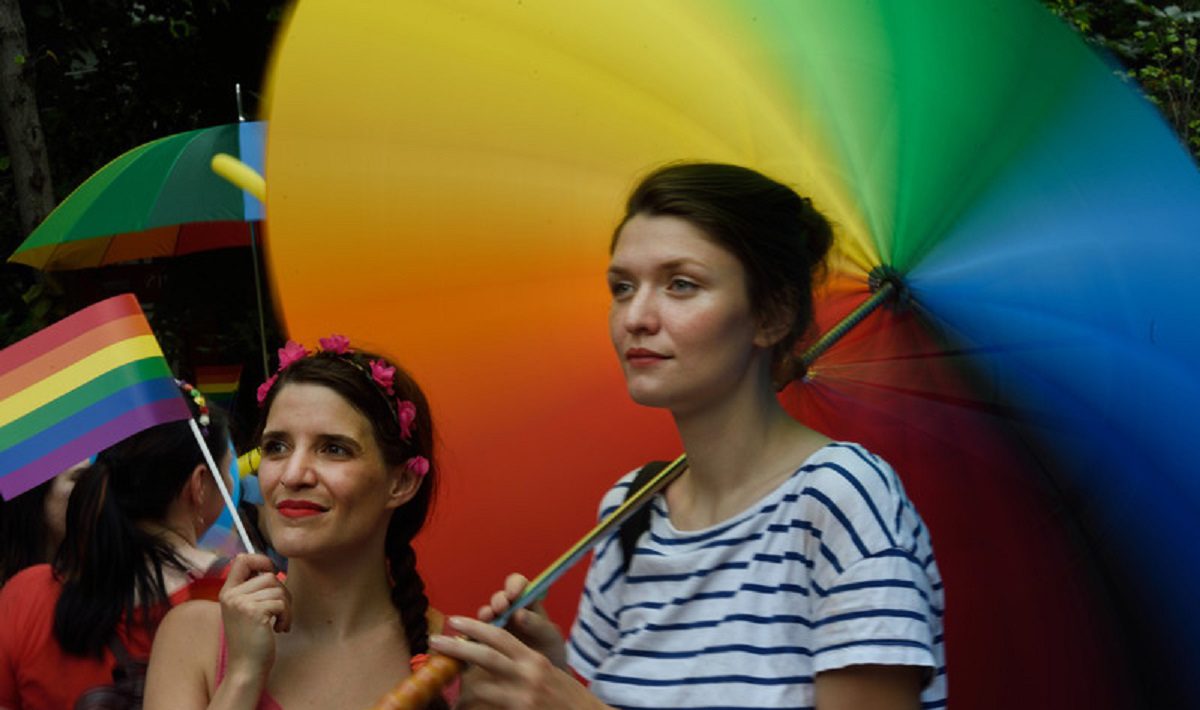AMNESTY INTERNATIONAL
MEDIA ADVISORY
14 September 2018
Romania: Rights groups submit legal challenge against ‘homophobic’ referendum
- Spokespeople available
A planned referendum to change the definition of family in Romania’s constitution could lead to a breach of international human rights standards and increase homophobic discrimination in the country, said Amnesty International as it joined other rights groups in intervening in a case before the Romanian Constitutional Court.
Amnesty International, together with ECSOL (European Commission on Sexual Orientation Law) and ILGA-EUROPE (European Region of the International Lesbian, Gay, Bisexual, Trans and Intersex Association), will make legal submissions today on the constitutionality of the 7 October vote. The referendum could result in making it impossible to protect same-sex unions in the future. Currently, same-sex couples do not have access to civil partnerships, nor marriage, in Romania.
“Instead of recognizing that everyone is entitled to the same human rights and equal protection under the law, this referendum panders to homophobia and might result in constitutional changes that would violate European and international law,” said Arpi Avetisyan, lawyer for ILGA Europe.
“If approved, these changes would be a clear backward step for Romania and would have a severe impact on the lives of families not based on marriage,” said Barbora Černušáková, Amnesty International’s researcher on Romania.
For more information or to arrange an interview in Brussels or in London contact [email protected]; 0032 2 609 56 50 or [email protected] or [email protected] or 0044 (0) 20 7413 5566
Background
Following the Senate approval of the bill on the change of the constitution on Tuesday, the Constitutional Court has 5 days for a final review of constitutionality of the new definition of family.
Romania does not currently have provisions to legally recognize same-sex partnerships.
The referendum will ask voters if they agree to change Article 48(1) of the constitution so that it defines the family as “freely consented marriage of a man and a woman” rather than “spouses”. Promoters of the initiative are framing this as a vote for or against the “traditional family”.


